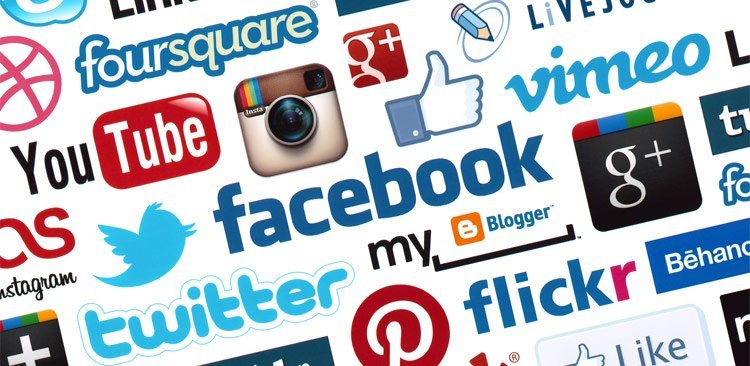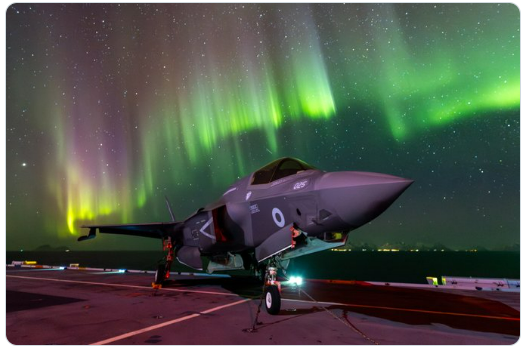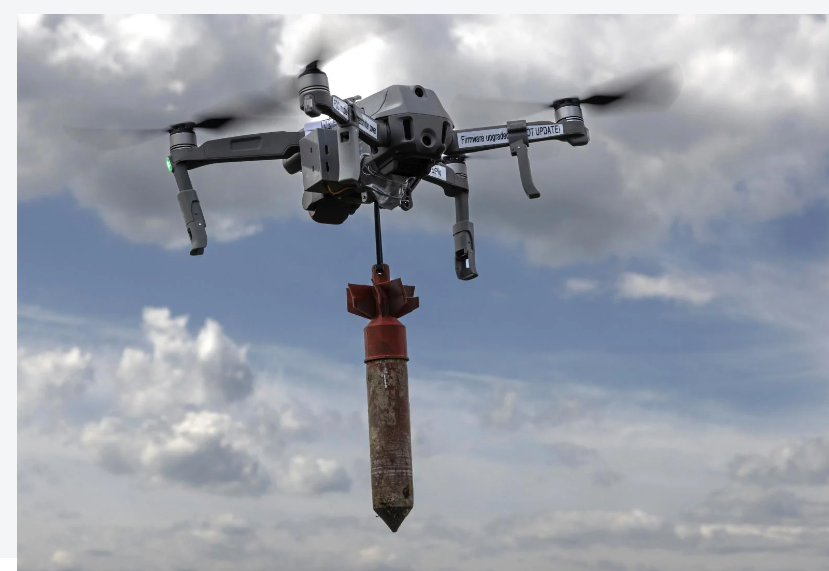During World War 2, the US 101st Airborne Division took part in what would be known as the Battle of the Bulge. Encircled by the German Military, pounded by German artillery and freezing in the winter’s snow, members of 101st were told to hold their positions near the municipality of Bastogne at all costs. By the time General Patton’s 3rd Army broke through the German lines, the soldiers of the 101st had earned the nickname “the Battered Bastard of Bastogne”.
Last week, when participating in a digital diplomacy conference, I felt as if I had encountered the Battered Bastards of social media. The conference, which was organized by the Dutch Foreign Ministry, brought together diplomats and academics from numerous countries. Over the course of two days, the participating diplomats repeatedly expressed their frustration and disillusionment with social media and its possible utilization in diplomatic activities. Understaffed, ill-equipped and facing growing expectations, these diplomats are still active on social media yet without any strategy in mind. They are online simply because one has to be online, they post because everyone else is posting and they are communicating with that familiar yet unknown entity called “the public”.
Crucially, these diplomats felt that the promise of social media to revolutionize diplomacy has withered away like the leaves of fall. The act of posting merely for the sake of posting raises the question-should diplomats dump social media altogether?
Yes!
The migration of foreign ministries to social media was facilitated by a host of factors. Chief among these were the search for cost effective diplomacy, the desire to counter radical online narratives and a desire to overcome the limitations of traditional diplomacy. At the moment, all that remains of these goals is the belief in cost effective diplomacy.
The majority of digital diplomacy studies all indicate that foreign ministries, embassies and diplomats rarely engage with online publics. This is not always due to fear of online backlash and trolls. In many embassies digital diplomacy is delegated to a part-time staffer who is expected to author online content, create videos, curate online information and interact with followers and all in the space of two hours per day. This immediately leads to a lack of online engagement and the utilization of social media as a one way medium. Scarce resources also prevent digital staffers from analyzing their social media activity and audience base. Thus embassies throughout the world talk without knowing who is really listening, and why. The same is true in foreign ministries where two or three individuals are tasked with managing social media empires leading to an abundance of pictures of Koala bears.
Oddly, many embassies and foreign ministries still take pleasure in analysing their numbers of likes and re-tweets event thought these are meaningless. They are, as one diplomat recently put it, vanity metrics which say little about a nation’s ability to create a receptive environment for its foreign policies or advance its diplomatic goals. These metrics are adored simply because they serve as numerical evidence that diplomats are getting “something” done. A Minister, a Prime Minister and even a sceptical public can all be assured that their diplomats are hard at work given that they attracts new followers each week on Twitter. Just what is being done remains a mystery.
Beyond the numerical obsession, social media has become a powerful veil that prevents diplomats and diplomatic institutions from realizing the potential of other digital platforms. Digital diplomacy has become so synonymous with social media that other, more efficient technologies are ignored. From crowdsourcing policy papers using Google Docs, to the use of WhatsApp for maintaining ties with Diasporas, digital diplomacy starts and ends with social media.
And as a result, much of diplomacy has remained closed. The promise of social media to democratize diplomacy, even if by a bit, has remained unfulfilled. The online public is expected to like, share, Re-Tweet and remain silent. Its input is not integrated into policy making, its needs are too often ignored and its reactions are registered only when they are overtly negative.
Yet the use of social media for diplomatic purposes also poses a more basic question- can diplomats really be expected to market diplomatic processes on platforms that celebrate exhibitionism, narcissism and vulgarity? Can a video explaining the TTIP really compete with the vlog of a heartbroken Brittney Spears fan? Does it even make sense to publish a post describing the nuances of Trump’s Jerusalem declaration on the same network that is dominated by the Justin Bieber’s of the world?
Ultimately, diplomats and foreign ministries seem to have arrived at a point in which social media is far removed from the conduct of diplomacy. It has lost diplomatic meaning, significance and relevance. The time may have come to dump social media altogether and use whatever funds are saved to organize town hall meetings with Ambassadors.
No!
It is possible that the Battered Bastards of social media indicate that foreign ministries and diplomats have finally arrived at a tipping point in the evolution of digital diplomacy. Slowly, there is a growing realization that tweeting for the sake of tweeting no longer makes any sense. We thus may be on the verge of a new, strategic era in digital diplomacy, one in which digital tools are more holistically integrated into the practice of diplomacy.
As part of this process, digital diplomacy can no longer be viewed as an activity in its own right but rather, as a tool to be wielded for achieving specific policy goals. The goal can determine if, and which digital tool should be leveraged. The notion of using social media for all activities, all the time, is thus abandoned. One may use social media to interact with Diaspora members and create a vibrant online community yet only if s/he can allocate the necessary manpower and resources. If not, one can use messaging apps to coordinate Diaspora events. If even that cannot be achieved then traditional, offline means will have to do.
The generic Facebook page that talks to everyone all the time ends up talking with no one. This is the logic that underpins strategic digital diplomacy. Importantly, strategic digital diplomacy requires that one catalogue the abundance of digital platforms that exist and identify how each platform can be leveraged in a specific diplomatic domain (strategic communication, multi-lateral diplomacy).
As part of this process, foreign ministries may choose to close digital diplomacy departments and appoint digital officers in each desk. This way, digital activities become integrated into the fabric of diplomacy. One desk can use Twitter to gather information and analyze public opinion in a foreign country given fear of an impending crisis. In this instance, digital platforms are used for a specific goal and can inform offline diplomacy. Another desk may allocate a staffer to building networks of contacts on WhatsApp that can be used in times of consular crisis. Here a digital platform is used as means of coordinating offline aid. Still another desk can have a staffer crowdsource a policy paper on the use of 3D printing for nation branding stalls at pavilions.
Alternately, digital departments may be tasked with conducting a joint project with each MFA desk over the course of two years. In this manner, each desk and department in the foreign ministry will have a grasp on how digital platforms can advance their specific goals.
Importantly, strategic or goal oriented digital diplomacy rests on using pre-defined and measurable goals. This means that the vanity metrics of likes and shares are abandoned and replaced with more accurate metrics.
Lastly, it is important to note that social media as a whole is undergoing seismic changes. Facebook was originally used to maintain contact with friends, then it morphed into a news source and now it is a source for light amusement. Yet online publics, whether on social media or elsewhere, are still eager to learn about their world and understand events shaping it. Foreign ministries remain uniquely positioned to offer valuable insight.





Leave a comment